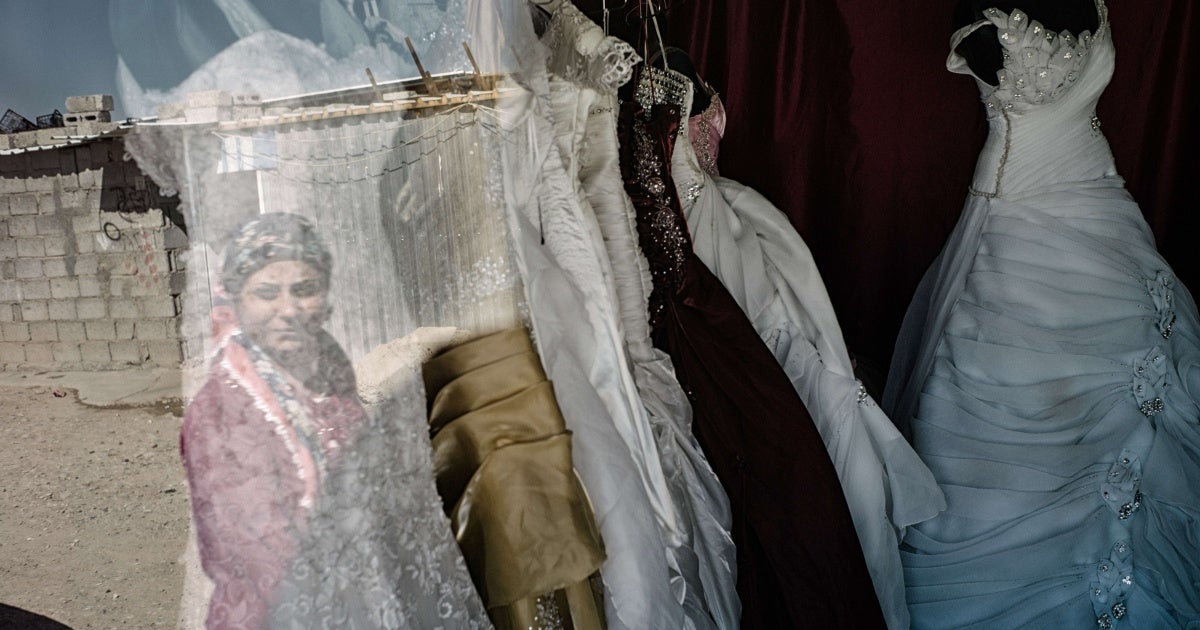Baghdad, Iraq – The Iraqi parliament is preparing to pass a series of laws that many see as a severe regression in the rights of women and girls, moving the country backward instead of forward. These proposed laws are deeply troubling, targeting women and girls specifically. They are not just immoral but also represent a significant step backward in terms of human rights.
This is not the first attempt by the parliament to modify the law. It also happened before, in 2017. At present, the legal age for a girl’s marriage is 18, but girls as young as 15 years can marry with the parent's consent. The government has been trying to modify the Personal Status law, which will change the age of marriage consent for the girl to the age of 9. The key aspects of the proposed laws include:
- Legalizing Marriage Without Age Restriction
This law would allow children as young as 9 years old to be married. Such a law is seen as a direct attack on the rights of children, exposing them to exploitation and abuse under the guise of legality. While there are already such crimes happening in the country, according to the current laws it’s considered a crime. If the new law passes, it would likely become a motivation for the rape of more girls.
- Decriminalizing Marriage Outside the Court.
By decriminalizing marriage that occurs outside of court supervision, the government would effectively legalize unofficial marriage contracts. This could lead to an increase in child marriages and unregistered unions, leaving women and girls without legal protection.
- Forcing Courts to Ratify Unofficial Marriages
The new laws would compel courts to ratify marriage contracts if both parties request it, even if the state did not initially recognize the marriage. This undermines legal oversight and could lead to a surge in forced and underage marriages. Iraqi women suffer from forced marriages in many areas in the country but especially in rural areas due to religious ideologies.
- Requiring Wives to Fulfill Husbands' Desires
The new laws would stipulate that if a wife does not satisfy her husband's desires (sexual desires), she would lose her right to financial support. This provision strips women of their autonomy and subjects them to further control and abuse.
- Lowering the Age for Child Custody Decisions
Currently, in the event of a divorce of parents, children at age 15 can choose which parent to live with. The proposed law would lower this age to 7, a change that many believe would not allow children sufficient maturity to make such significant decisions.
- Transferring Custody to Fathers if Mothers Remarry
If a mother remarries after a divorce, the law would automatically transfer custody of her children to the father, disregarding the mother's wishes and the children's best interests.
- Granting Husbands Absolute Decision-Making Power
Husbands would have the unilateral right to choose the family’s residence and make decisions about marriage disputes without consulting their wives, effectively rendering women powerless in their own homes.
These changes come at a time when Iraqi women are already enduring substantial oppression and aggression throughout the country. They are often unable to advocate for their rights, and those who dare to do so frequently face imprisonment or severe social repercussions. The implementation of these repressive laws would further entrench gender-based discrimination and violence, giving legal cover to those who exploit and abuse women and girls.
The outcry against these proposed laws is growing. Many view them as a means to legitimize the rape of girls under the guise of marriage, justified by a distorted interpretation of religion and law.
Moreover, the laws appear to prioritize religious dominance over the already flawed civic laws, pushing the country further into a state of patriarchal control.
In response, the youth of Iraq, particularly in Baghdad, are expressing their outrage and planning demonstrations against these laws. They see these proposed changes as an affront to human rights and a betrayal of the progress that Iraq should be striving to achieve. The demonstrations planned for this week in Baghdad are expected to be a significant moment of protest against the regressive path the government is taking.
Marriages of minor girls are already happening and according to Iraqi law are criminalized; however, the law has not been executed due to high corruption in the country. This typically happens in rural areas and IDP camps where families force their young girls to marry 40 or 50-year-old men due to financial difficulties they face.
Allowing leniency in the rape of young girls is well beyond unacceptable. Such laws could only lead to a more repressive society where women do not have the right to live with dignity.
There must be international intervention from the US and the European Human Rights Commission to stop these regressive laws. Without it, there will be immense repercussions for women and girls in the country.


